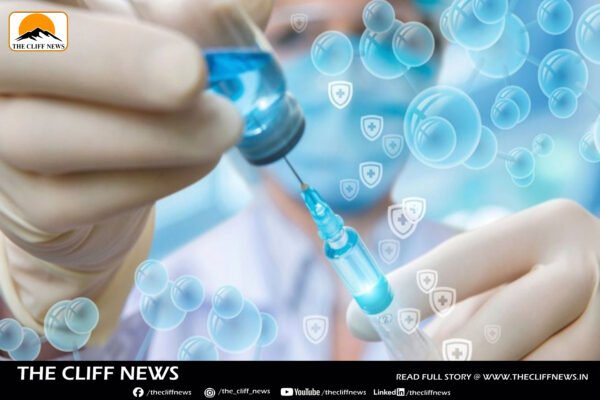India Reports 203 New Covid-19 Cases; Active Tally Rises to 3,961
As of 8 AM on Monday, India’s active Covid-19 caseload has risen to 3,961, according to the latest data released by the Ministry of Health and Family Welfare. A total of 203 new cases were added since Sunday, reflecting a slight uptick in infections across several states. The cumulative number of Covid-related deaths in the country for 2025 has reached 32, with four additional deaths reported since Sunday. Delhi, Tamil Nadu, Maharashtra, and Kerala each recorded one death. Delhi also reported 47 new cases, taking its total active caseload to 483. Kerala, which has been witnessing a steady rise, now has 1,435 active cases after registering 35 new infections. Maharashtra added 21 new cases, pushing its active count to 506, while West Bengal saw 44 new cases, increasing its active tally to 331. Union Minister of State for Health and AYUSH (Independent Charge), Prataprao Jadhav, reassured the public on Friday that the central government is fully prepared to manage any potential surge. He stated that both the Health and AYUSH ministries are closely monitoring the situation in coordination with state health departments. “We have reviewed the infrastructure created during previous Covid waves, including oxygen plants and ICU beds. Our systems are well-equipped and preparations are underway to handle any eventuality,” Jadhav said. In light of the recent increase in cases, the Karnataka Health Department has issued a precautionary circular for schools. It advises both government and private schools to refrain from allowing students with symptoms such as fever, cough, or cold to attend classes. Parents are encouraged to seek timely medical treatment and ensure appropriate care for affected children.


